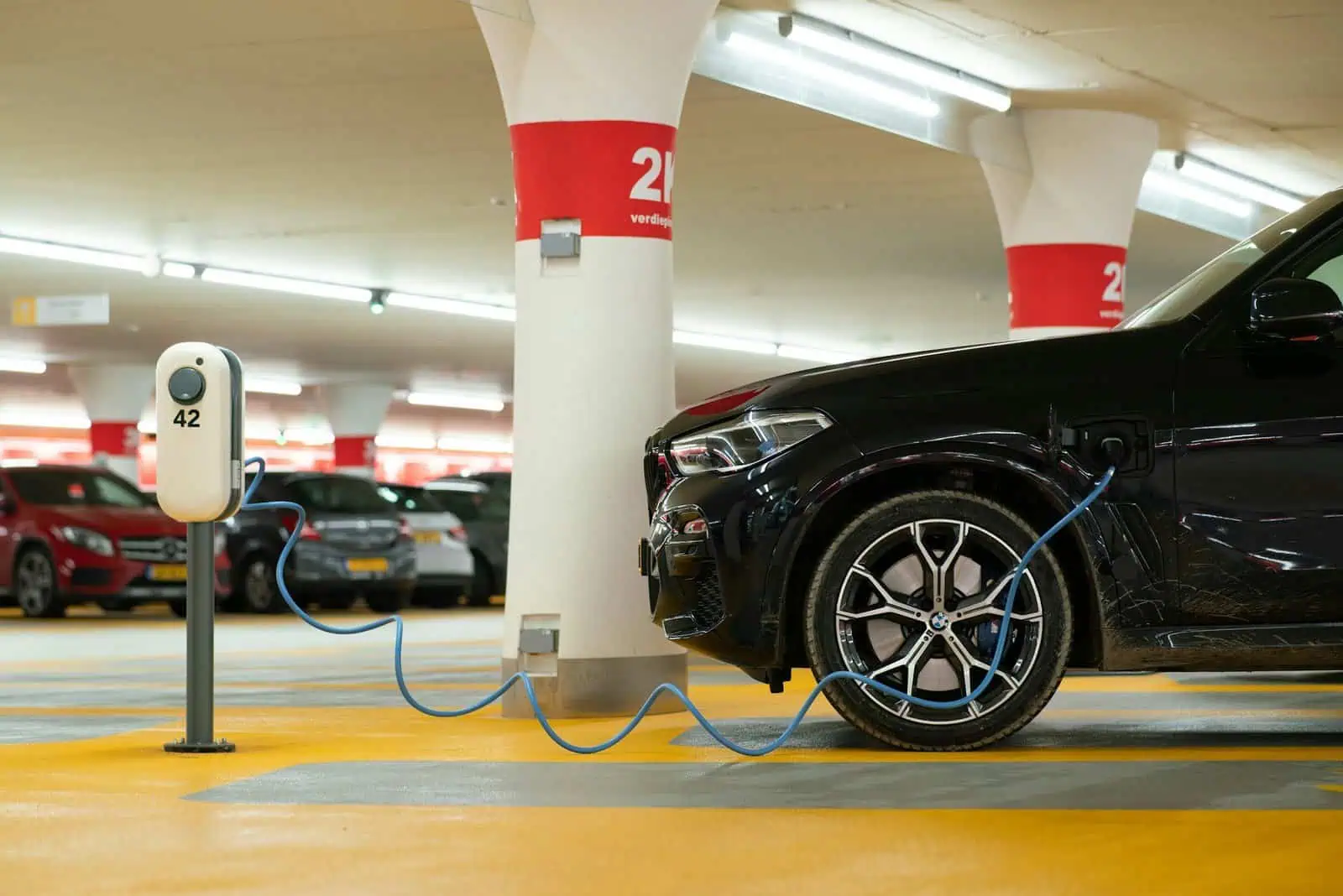In the UK, there are several tax benefits for companies using electric vehicles (EVs). These incentives are designed to encourage businesses to adopt cleaner, more sustainable transportation options. Here are the key company tax benefits associated with using EV, compared to the petrol equivalent:
1. Benefit-in-Kind (BiK) Tax Advantages
- Low BiK Rates: EVs attract significantly lower Benefit-in-Kind tax rates compared to traditional petrol or diesel vehicles. As of 2024-2025, the BiK rate for EVs starts at just 2%. The BiK rates for petrol vehicles are much higher and vary depending on CO2 emissions, typically ranging from 15% to over 37%.
2. Capital Allowances
- Enhanced Capital Allowances (ECA): Companies can claim a 100% first-year allowance on the purchase of new and unused EVs. This means the full cost of the vehicle can be deducted from profits before tax in the year of purchase, providing a significant upfront tax saving.
- Super-deduction: Until March 31, 2023, businesses could benefit from a 130% super-deduction on qualifying plant and machinery investments, including EV charging points.
- The first year allowance is not available for petrol vehicles. Instead, they qualify for the Writing Down Allowance at 18% for lower emission cars (up to 50g/km) or 6% for higher emission cars (over 50g/km).
3. Salary Sacrifice Schemes
- Tax-Efficient Salary Sacrifice: Businesses can offer EVs through salary sacrifice schemes, like this scheme from loveelectric, allowing employees to forgo a portion of their salary in exchange for an EV. This setup benefits both employers and employees, as it reduces National Insurance contributions for employers and provides income tax and National Insurance savings for employees.
4. Vehicle Excise Duty (VED)
- Exemption from Road Tax: Pure electric vehicles are exempt from Vehicle Excise Duty (VED), commonly known as road tax. This exemption reduces the annual running costs for businesses with EV fleets.
- The standard rate of road tax for petrol or diesel cars is £180 per annum.
5. Plug-in Grants
- Government Grants: The UK government offers grants to reduce the cost of purchasing EVs. The Plug-in Car Grant, for example, provides a discount on the purchase price of eligible electric cars. While this is not a direct tax benefit, it reduces the initial capital expenditure, which indirectly benefits a company’s financial planning.
6. Reduced National Insurance Contributions (NICs)
- Lower NICs on Company Cars: Due to the lower BiK rates for EVs, businesses also benefit from reduced Class 1A National Insurance Contributions on the value of the benefit provided to employees.
7. Corporation Tax Relief
- Expenses on Charging Infrastructure: Investments in EV charging infrastructure can qualify for capital allowances, allowing businesses to deduct a portion of the cost from their taxable profits.
- Leasing Costs: For leased EVs, the rental payments are fully deductible against profits, offering tax relief on leasing expenses.
8. VAT Benefits
- Input VAT Recovery: For businesses that are VAT registered, the VAT on the purchase price of EVs used solely for business purposes can be reclaimed. Additionally, the VAT on leasing payments for EVs used for business purposes can also be reclaimed.
9. Reduced Fuel Benefit Charge
- Zero Fuel Benefit Charge for Electric Cars: If an employer provides electricity for charging an EV at the workplace, it is not considered a taxable benefit, unlike the provision of fuel for petrol or diesel cars.
10. Local Tax Incentives
- Regional Incentives: Some regions may offer additional tax breaks or incentives for businesses using EVs, including grants, reduced parking charges, or exemptions from congestion charges.
Overall Comparison
- Upfront Costs: EVs often have higher purchase prices compared to petrol vehicles, though prices are coming down with advancements and increased market adoption.
- Tax Benefits: EVs offer significant tax benefits, including lower BiK rates, 100% FYA, no fuel benefit charge for electricity, and VED exemptions.
- Operational Costs: EVs have lower fuel and maintenance costs, which can offset the higher initial purchase price over time.
- Environmental and Compliance Benefits: Using EVs helps businesses meet environmental targets and comply with increasingly stringent regulations on emissions.
Conclusion
When comparing the tax benefits of EVs to the costs associated with petrol vehicles, EVs often present a compelling financial case for businesses. The substantial tax incentives, combined with lower operational costs and potential environmental benefits, can make EVs a more economical and sustainable choice in the long run.
These incentives not only reduce the overall cost of ownership and operation but also align with corporate sustainability goals, enhancing a company’s environmental credentials. However, the higher initial purchase price and considerations around charging infrastructure should be factored into the decision-making process.

